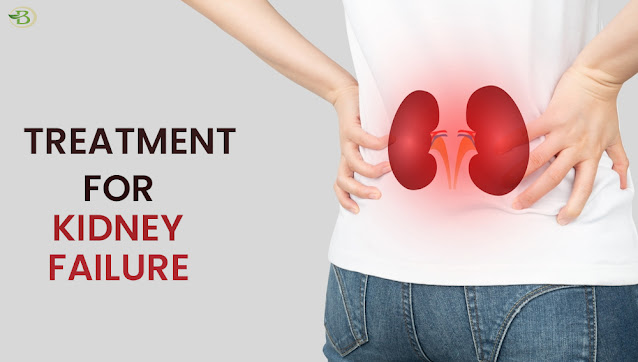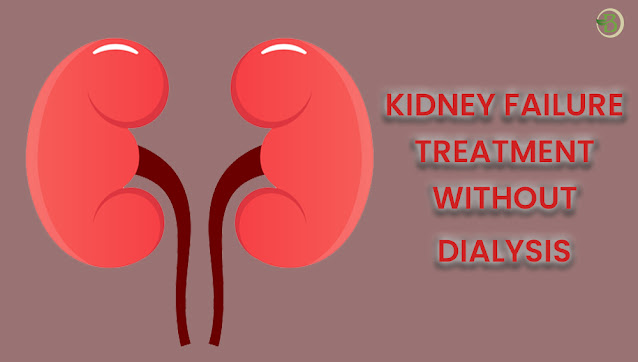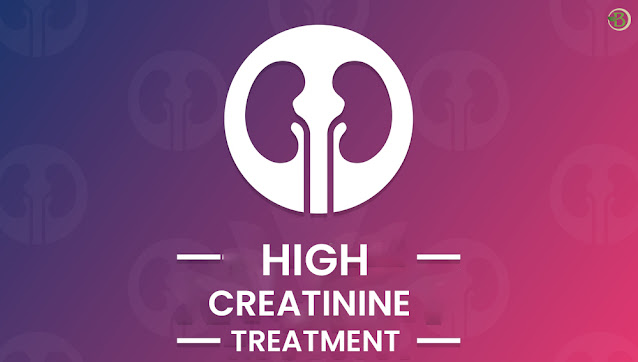Understanding the Silent Symptoms of Kidney Failure
Kidney health is of utmost importance, as these vital organs play a critical role in filtering waste and toxins from the blood. However, when kidney function is compromised, it can lead to kidney failure, a condition with severe implications. Recognizing kidney failure symptoms and understanding kidney function tests are crucial for early detection and timely intervention.
Kidney failure symptoms can manifest in various ways, indicating that the kidneys are not adequately filtering waste and fluids from the body. Common symptoms of kidney failure include persistent tiredness, reduced urine output, and swelling in the feet and ankles as a result of fluid retention. Additionally, individuals may experience nausea, vomiting, and difficulty concentrating, indicating a potential kidney problem.
It is crucial to differentiate between the symptoms of kidney problems, as they may vary in severity and impact on kidney function. Kidney damage symptoms can include lower back pain, frequent urination, the presence of blood in the urine, and persistent high blood pressure. Identifying these signs can prompt individuals to seek medical attention immediately to prevent further complications.
To diagnose kidney problems accurately, doctors often perform kidney function tests. A test that measures the amount of creatinine in the blood is the creatinine blood test. Elevated amounts of creatinine, a waste product that the kidneys filter, may signify poor kidney health. The glomerular filtration rate (GFR) test is another procedure that measures how effectively the kidneys filter waste.
Chronic kidney disease is a progressive condition where kidney function gradually declines over time. It can result from various factors, such as diabetes, high blood pressure, glomerulonephritis, and polycystic kidney disease. Early detection and proper management of chronic kidney disease are essential to slow its progression and prevent complications.
Kidney infections are another concern that can cause severe symptoms. Kidney infections can result from bacteria getting into the urinary tract and moving up to the kidneys. Kidney infection symptoms include fever, chills, back pain, frequent urination, and a persistent urge to urinate.
Apart from infections, kidney diseases can arise from different causes, each presenting unique symptoms. In advanced stages of kidney disease, individuals may experience extreme fatigue, muscle cramps, difficulty sleeping, loss of appetite, and itching. Managing kidney disease effectively requires proper medical evaluation and treatment to improve the quality of life.
In conclusion, kidney health is essential for overall well-being. Recognizing kidney failure symptoms, understanding kidney function tests, and being aware of chronic kidney disease and dialysis can significantly impact the management of kidney-related issues. Early detection and prompt medical attention are critical to prevent further complications and preserve kidney function. People can take proactive measures to maintain kidney health and avoid kidney problems in the long run by living a healthy lifestyle, drinking plenty of water, and controlling underlying health concerns.
In cases where kidney function significantly declines, kidney dialysis becomes necessary if you are seeking allopathic treatment. However, homeopathic treatment claims to improve kidney health without dialysis and leaves zero side effects. Homeopathy is a form of alternative medicine that has been practiced for over 200 years. It is predicated on the idea that "like cures like," or the idea that a chemical can be used to relieve symptoms in a sick person that it causes in a healthy person. Homeopathic treatments for kidneys are said to enhance the body's natural healing processes. They typically take the shape of sugar pellets or liquid drops and are quite effective in providing kidney treatment.
%20(1).png)



Comments
Post a Comment